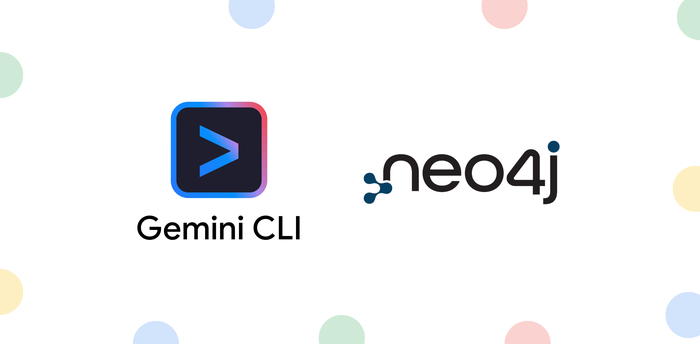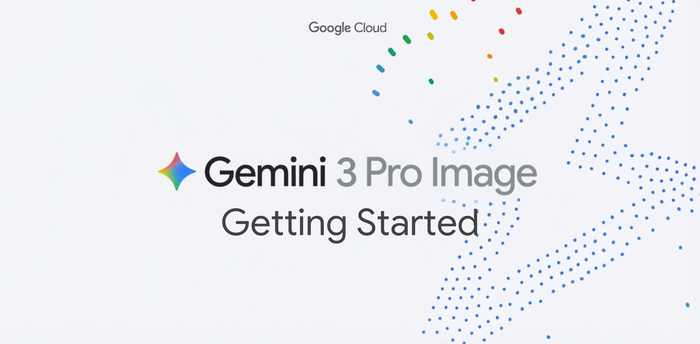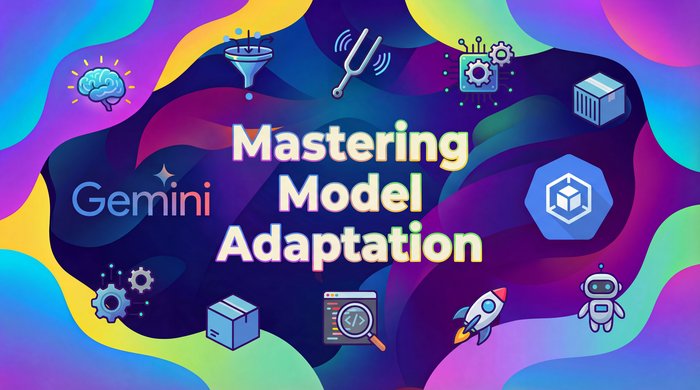Marketing Analytics With Google Cloud

Bukola Ayodele
Developer Advocate
When multiple siloed systems and platforms are used to collect marketing data, marketers often struggle to create a holistic view of their performance and the business impact of marketing initiatives. If this scenario sounds familiar to you, you’ll be happy to hear that Google Cloud has marketing analytics tools to help marketers bring together data and increase marketing ROI. These tools can be used to break down data silos and decrease time to insights. This blog post details how you can use Google Cloud to help you transform marketing analytics in your organization by creating audience segments, gleaning marketing insights, and enhancing your customer experience. You can also watch this video to learn more about marketing analytics at Google Cloud.
Create Audience Segmentation
A core capability in marketing analytics is analyzing audience data and audience segments. This analysis is often complicated by audience data that is distributed across multiple systems, including CRM solutions and web analytics platforms like Google Analytics 360 or Adobe Analytics. Many organizations have a tremendous amount of audience data but have difficulty unlocking its value because they are unsure about where it lives, how to access it, and how to best harness it.


If you’re a marketer in this situation, you can use BigQuery – a serverless, highly scalable, and cost-effective multi cloud data warehouse – to ingest audience data from various sources like Google Ads, Facebook, Salesforce, and more. You can then use the built-in machine learning and AI capabilities to build and train ML models for segmenting your audiences into meaningful marketing targets. You can create audience segments like high customer lifetime value, propensity to buy for new customers, and propensity to churn for customer retention. With the ability to create audience segments, you can gain deeper insights on your audience. Plus, you can also activate these audiences back into your ad channels through Google Marketing Platform.
Glean Marketing Insights
As a marketer, you can use BigQuery and Looker, our modern business intelligence solution, to create a one-stop console for all of your marketing performance data – from ad impressions to on-site traffic and customer data – with native connectors to Google Marketing Platform for easy activation. This can help you not only uncover marketing insights but also share them easily with stakeholders across your organization to democratize marketing performance, enable insight-powered decision-making, and give everyone access to a single source of truth.


Google Cloud can also help enable attribution modeling beyond your current ads platform or demand-side platform (DSP). This is an ideal solution for those who find that the data-driven attribution solutions built into Analytics 360 / Display & Video 360 are suboptimal for your specific use cases or data limitations. In addition, with Google Cloud you can tap into the power of Google Trends data to gain new consumer insights and identify opportunities for product innovation early on.
Enhance Customer Experiences
Beyond improved audience segmentation and marketing insights, Google Cloud marketing analytics solutions also help you deliver enhanced customer experiences through consumer sentiment analysis. This starts with BigQuery, where you can aggregate online comments and then analyze the sentiment with our Natural Language API to better understand how your brand and marketing messages are resonating with your customers. BigQuery, with its built-in ML capabilities, also enables scaled creative analysis, generating insights from successful creatives to understand their impact on ad performance. You can also build unified app analytics with BigQuery and Looker, centralizing common data sources for app-centric organizations to build better app experiences by unlocking consumer and app insights across marketing channels.
Next Steps
The examples covered in this post are just the starting point of what is possible with Google Cloud for marketing organizations. Google Cloud marketing analytics solutions also support many advanced use cases like customer data platforms, dynamic pricing, and much more. To learn more about how to use BigQuery and Looker check out this video. Keep in mind, you don’t have to wait for a real-world project to try out these solutions. You can sign up today for the BigQuery sandbox, which lets you explore public datasets like Google Trends and run queries without a credit card.



